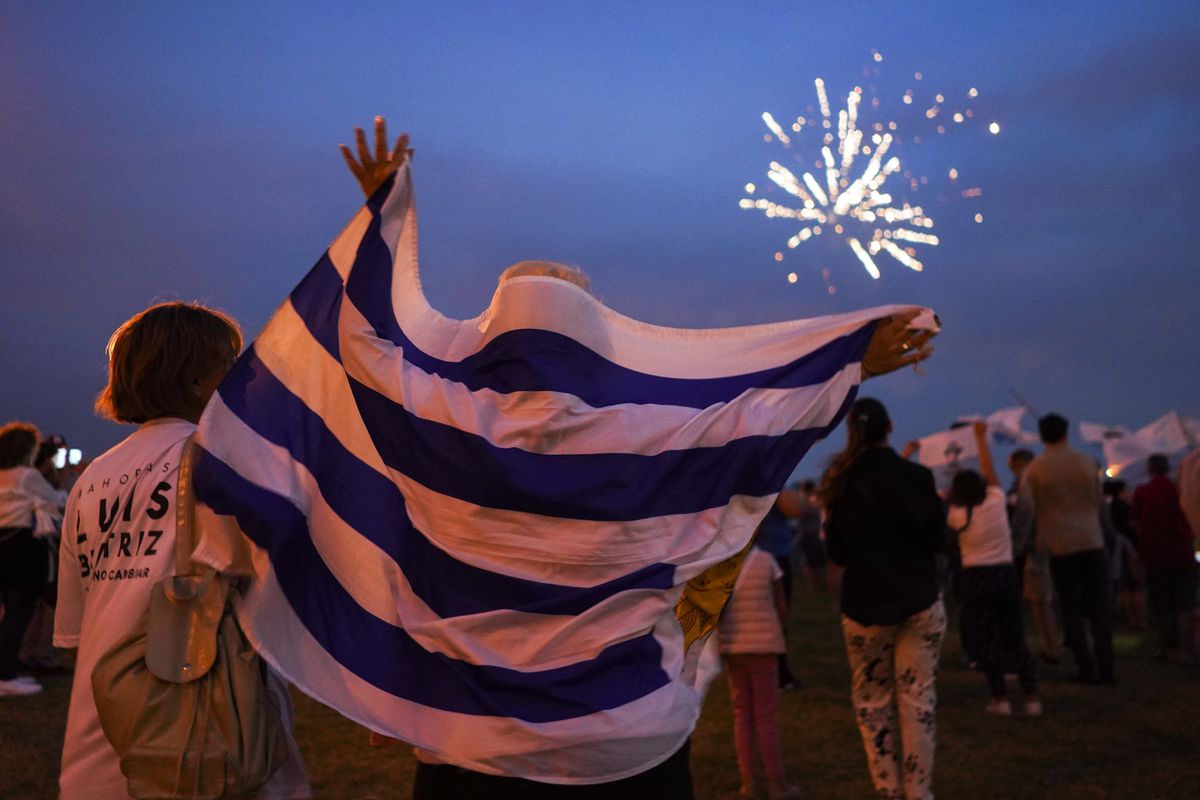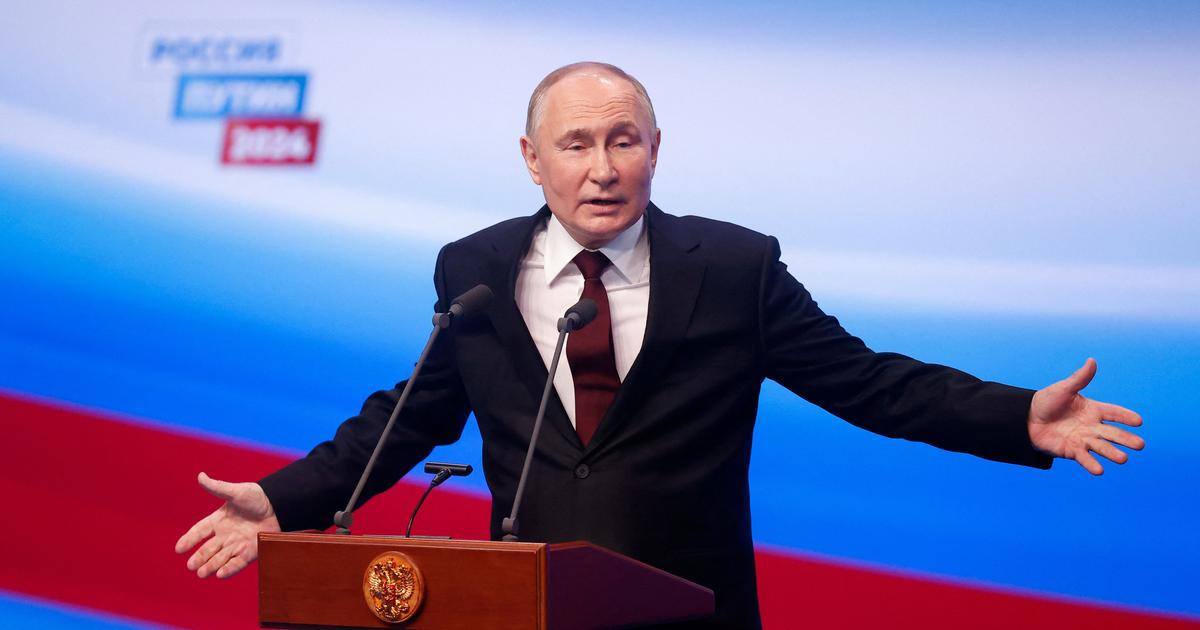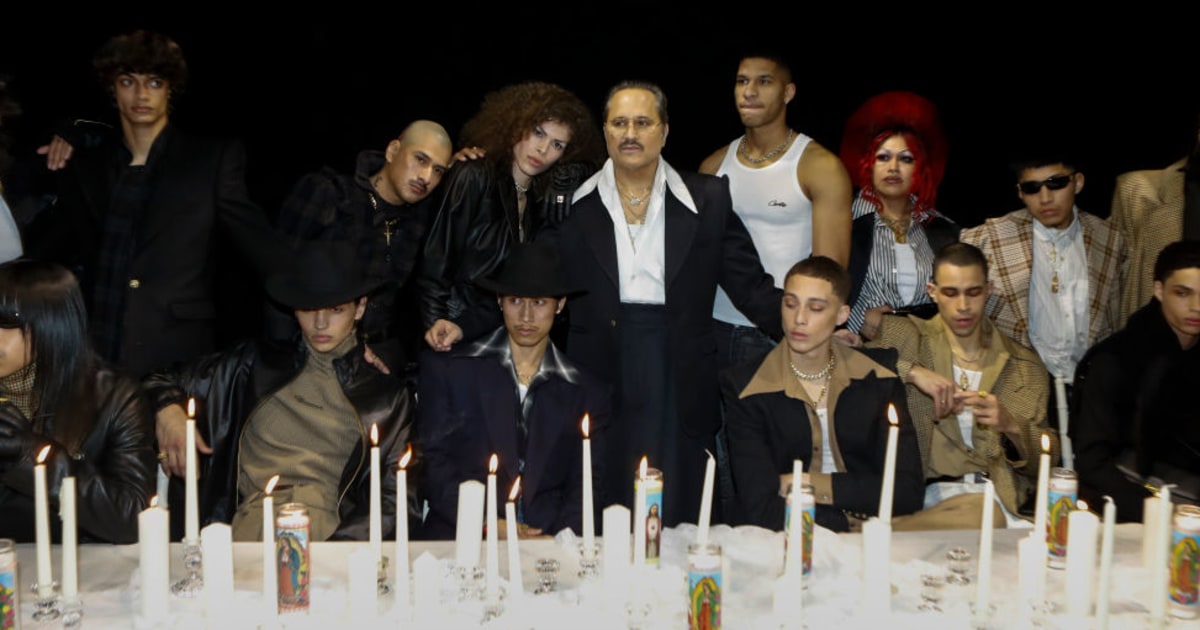- Click to share on Facebook (Opens in a new window)
- Click to share on Twitter (Opens in a new window)
- Click here to share on LinkedIn (Opens in a new window)
- Click to email a friend (Opens in a new window)
(CNN Spanish) - After a controversial vote count, the Supreme Court of Bolivia declared Evo Morales the winner of the presidential elections. Morales' fourth term in office, which is being challenged by the opposition that qualifies his arrival in power as a fraud, would make his time in the presidency 19 years if his term ends in 2025.
Morales would position himself as one of the Latin American leaders who have been in power for the longest. Look at the list of the 10 that have remained in office for the longest
Fidel Castro
Cuba
1959 - 2008
49 years in power
The leader of the Cuban Revolution led the overthrow of the Batista dictatorship in Cuba in 1959 and came to power that year making Cuba the first communist country in the Western Hemisphere. In 2008, due to health problems, he resigned as president leaving the position of his brother, Raul.
Castro brought social reforms to Cuba but has been criticized for violations of human rights and freedom of expression.
During his time in office, thousands of Cubans sought exile in the United States. Fidel Castro died in November 2016 at age 90 in Havana
Rafael Leónidas Trujillo
Dominican Republic
1930 - 1961
31 years in power
Trujillo was a military and politician who ruled as a dictator from 1930 until his death in 1961. Known as "El Jefe" or "El Benefactor", his 31 years of government are known as the Era of Trujillo, and considered as one of the bloodiest tyrannies in Latin America. Trujillo died on May 30, 1961, on George Washington Avenue in Santo Domingo, when he was going home to the south of the country.
According to history, Trujillo's death was the coronation of a plot conspired within several of the most influential Dominican families, tired of the regime's excesses.
Porfirio Diaz
Mexico
1877-1880 and 1884-1911
30 years in power
Díaz, of indigenous descent, was elected president in 1877. In his government there was much repression of the protests, reports the Encyclopedia Britannica. Porfirio Díaz ruled during the nineteenth and early twentieth centuries and was forced by the revolutionary movement to leave power and flee to France, where he died and the place where his remains still remain. He is considered a dictator.
Juan Vicente Gomez
Venezuela
1908-1935
27 years in power
This Venezuelan dictator is said to have been the richest man in South America, says the Encyclopedia Britannica. Gomez had almost no formal education. Under his Government, Venezuela achieved some economic progress, but Gomez controlled the country with force and terror. He died in 1935.
Anastasio Somoza García
Nicaragua
(1936-1956)
20 years in power
Wikimedia Commons
Somoza García was dictator of Nicaragua for more than 20 years, in addition, he created a dynasty, because after him his son Luis Somoza Debayle ruled from 56 to 63 and then his other son Anastasio Somoza Dobayle.
Somoza García amassed a fortune in his time in the presidency and exiled his political opponents, according to the Encyclopedia Britannica.
He died from a gunshot wound he received in 1956.
Evo Morales
Bolivia
2006 - 2025
If his term ends he would be 19 years in power
Morales was elected as president in the elections of 2005, 2009, 2014 and 2019.
For the 2019 elections, the controversy began 3 years earlier when a referendum was raised in which 51.3% of the votes rejected a new re-election of the president.
In September 2017, a group of legislators of the official Movement to Socialism presented to the Bolivian Constitutional Court an unconstitutionality agreement against several articles of the Electoral Regime Law that allowed Evo Morales to run again in 2019.
In November 2017, a ruling by the Constitutional Court enabled Morales to launch indefinitely to the presidency of Bolivia on the grounds that it is a human right.
MIRA: Bolivia: strong clashes between opposition protesters and supporters of Evo Morales
In December 2018, the Electoral Court officially authorized Evo Morales as a candidate.
The Bolivian Constitution, approved during the Evo Morales administration, only allows two consecutive presidential terms.
Following this year's elections, opposition groups and international observers began to suspect after election officials stopped counting for 24 hours on Sunday without any explanation. When the count resumed, Morales' leadership had jumped, making sure he was an absolute winner.
The president of the TSE, María Eugenia Choque, announced that it was decided to suspend the transmission of preliminary results to avoid confusion, since the final computation had begun.
Gerardo de Icaza, Director of Electoral Cooperation and Observation of the Organization of American States, denounced that the Government of Bolivia has provided contradictory versions of the reasons why the electoral count was interrupted.
This has unleashed days of protests in Bolivia.
Rafael Carrera
Guatemala
1844 - 1848 and 1851 - 1865
18 years in power
Wikimedia Commons
Carrera consolidated his power in Guatemala in 1840, according to the Encyclopedia Britannica, when he declared Guatemala as an independent republic. In 1854 he abolished the elections and declared himself president for life. Although Carrera's government was brutal, he had the support of the upper classes.
Daniel Ortega
Nicaragua
1985 - 1990
2007 - today
Adding 17 years in power
Ortega was first elected as president in 1985, lost the elections of 1990, 1996 and 2001. In 2006 he was elected and began his second Government in 2007. He participates in two more elections (2011 and 2016) and wins.
The constitution of Nicaragua prohibits presidents from being re-elected, but that did not prevent Ortega from running for seven consecutive presidential races.
LOOK: Daniel Ortega celebrates 40 years of Sandinismo and says he will win the 2021 elections
Ortega is an ally of Venezuela and has publicly supported Gadhafi.
Augusto Pinochet
Chile
1974 - 1990
16 years in power
The year 1973 was the date on which General Augusto Pinochet seized power from the democratically elected socialist government of Salvador Allende. During his regime tens of thousands of people were tortured and thousands disappeared.
The 1990 elections gave Patricio Aylwin the winner and ended the Pinochet government. He died in 2006.
LOOK: Memory never heals: the testimony of a tortured during the Pinochet dictatorship
Francois Duvalier
Haiti
1957- 1971
14 years in power
Francois "Papa Doc" Duvalier was elected president in 1957 after a turbulent time when the army took control of the Government on several occasions. Duvalier declared himself president for life in 1964 and ruled as a dictator.
Duvalier caused Haiti to be almost totally isolated, diplomatically.
In 1971 The National Assembly of Haiti approves a constitutional amendment that allows Pope Doc Duvalier to designate someone under 40 as his successor. In April of that year Francois died and his son, Jean-Claude, who was 19, comes to power. He was at that time the youngest president in the world. That same year Jean-Claude also declared himself president for life. He died in 2014.
Dictators


/cloudfront-eu-central-1.images.arcpublishing.com/prisa/6GDDZWYNSVEJRDR6CKXCLQPGPQ.jpg)

/cloudfront-eu-central-1.images.arcpublishing.com/prisa/BXKLZ5GBEBBWJHDUIDG2B5ODGE.jpg)
/cloudfront-eu-central-1.images.arcpublishing.com/prisa/G7J25I4OOHXVW446UNDNGJQBVA.jpg)
/cloudfront-eu-central-1.images.arcpublishing.com/prisa/U47VQFQW4FGCBFYMTUPCMC5PKE.jpg)


